|
|
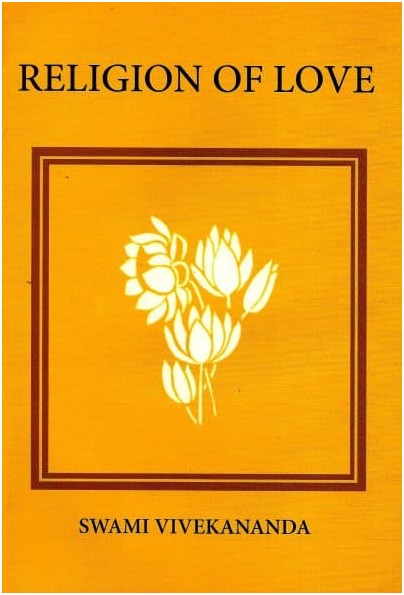
|
Religion of Love
|
|
By Swami Vivekananda |
|
Religion of Love is based on a lecture delivered by Swami Vivekananda in London on November 16, 1895.
Swamiji classifies love into 5 types –
1. Shânta, a common, peaceful love, with such thoughts as those of fatherhood and help
2. Dâsya, the i
|
|
|
|
|
|
|
Pathways to Joy: The Master Vivekananda on the Four Yoga Paths to God
|
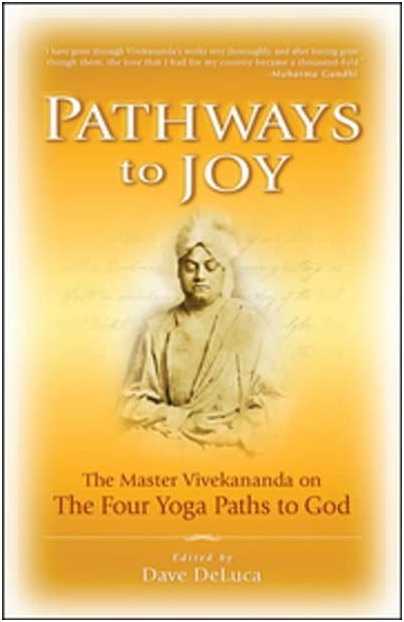
|
|
By by Swami Vivekananda - Edited by Dave Deluca |
|
Pathways to Joy is a collection of 108 of the best teachings of Swami Vivekananda on Vedanta Philosophy.
Swamiji illustrates the four classical yoga paths – Karma, Bhakti, Raja and Jnana.
The messages focus on the oneness of existence; the divini
|
|
|
|
|
|
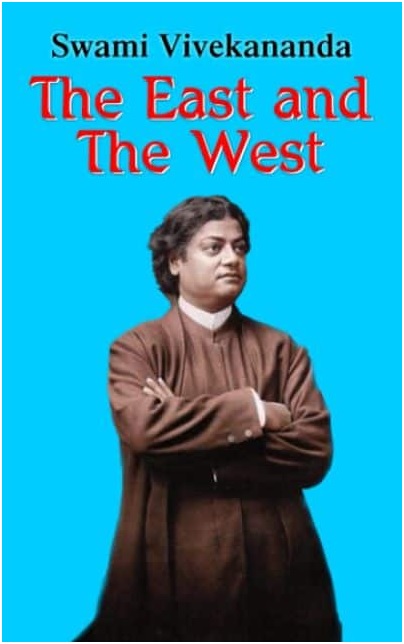
|
The East and the West
|
|
By - |
|
In The East and the West, Swami Vivekananda makes a comparative study of eastern and Western cultures.
The book is divided into six chapters – Customs, Food and Cooking, Civilisation in Dress, Etiquette and Manners, France — Paris and Progress i
|
|
|
|
|
|
|
Life after Death
|
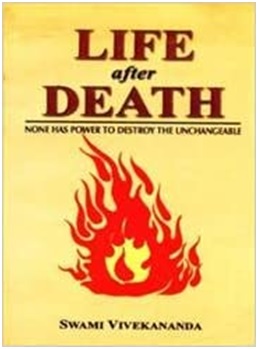
|
|
By - |
|
Perhaps no other subject has haunted the human mind, right from the hoary past, with such unerring consistency as the one regarding life and death.
Is man mortal or immortal? What is reincarnation? What happens when a man dies?
Every man is forced
|
|
|
|
|
|
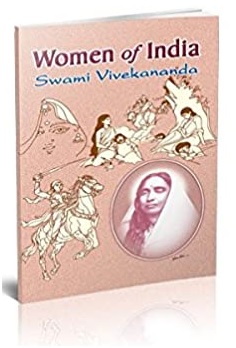
|
Women of India
|
|
By - |
|
Women of India is based on the lecture delivered by Swami Vivekananda at the Shakespeare Club House, in Pasadena, California, on January 18, 1900.
The content is focused on the position of women in Indian society.
Swamiji touches upon the glory and
|
|
|
|
|
|
|
Pearls of Wisdom
|
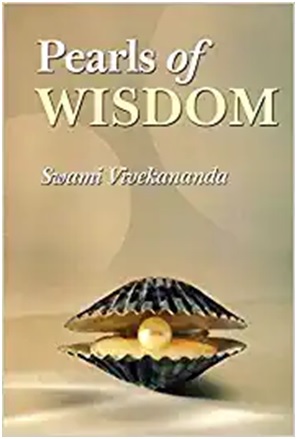
|
|
By - |
|
The content of this book is derived from “Complete Works of Swami Vivekananda”.
Pearls of Wisdom is a collection of all the quotes and thoughts by Swamiji, grouped into different themes like love, knowledge, leader etc.
These quotes have inspir
|
|
|
|
|
|
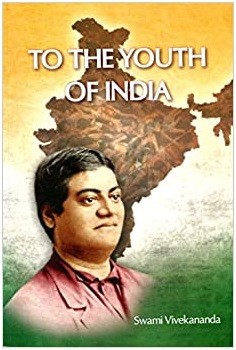
|
To the Youth of India
|
|
By - |
|
To the Youth of India is a collection of some of the rousing and inspiring lectures that Swami Vivekananda delivered to vast audiences in India and Sri Lanka after his rise to fame.
It has some of the best messages that can be given to the youth of
|
|
|
|
|
|
|
Steps to Realisation
|
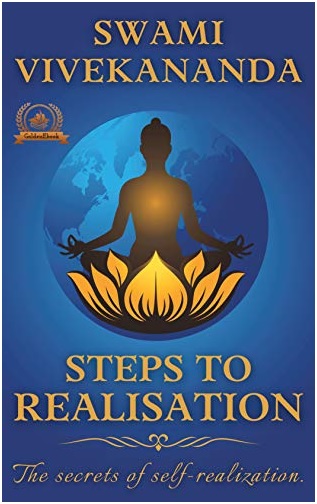
|
|
By - |
|
Steps to Realisation explains the secrets of self-realisation.
The book begins by explaining the concept of organs – the external organs i.e., eyes, nose, and mouth are mentioned as instruments and internal organs i.e., brain, and heart are consid
|
|
|
|
|
|
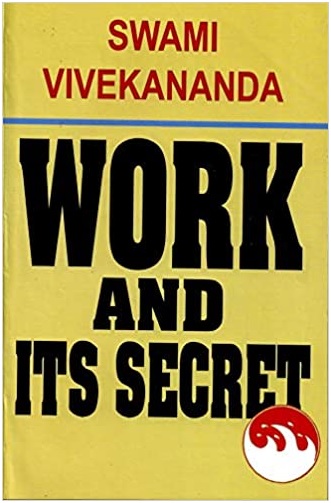
|
Work and Its Secret
|
|
By - |
|
Work and Its Secret is based on the speech by Swami Vivekananda in Los Angeles, California on January 4th, 1900.
In it, Swamiji talks about giving equal importance to both the means and the end while doing work.
He emphasises that the major reason
|
|
|
|
|
|
|
My Idea of Education
|
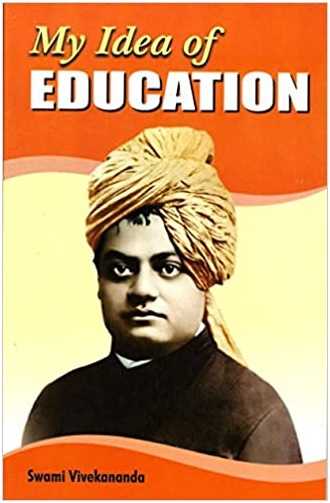
|
|
By - |
|
Swami Vivekananda had many insightful and deep thoughts on education – a subject very close to his heart.
In My Idea of Education, he writes about the philosophy of education, the relationship between society and education, and The Teacher.
Swami
|
|
|
|
|
|
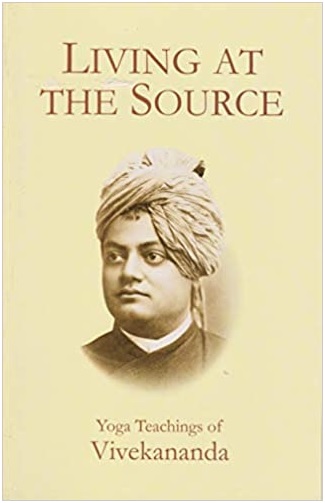
|
Living at the Source
|
|
By - |
|
This book has many inspirational messages which have been selected from the various writings, speeches and teachings of Swami Vivekananda.
The book is ideal for people seeking to live a spiritual life but are busy with their everyday material life.
|
|
|
|
|
|
|
Essentials of Hinduism
|
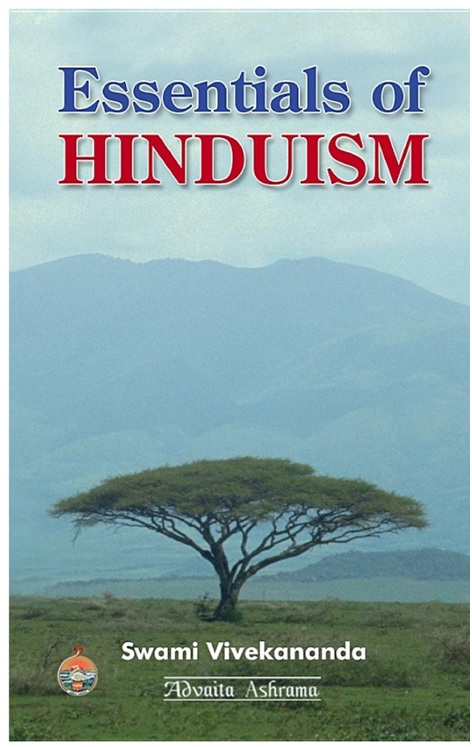
|
|
By - |
|
This book is a detailed account of Hinduism.
It begins by describing the word ‘Hindu’ and goes on to discuss the various schools of thought in Hinduism.
It stresses upon the Vedanta Philosophy and the Advaita system. The book also talks about t
|
|
|
|
|
|
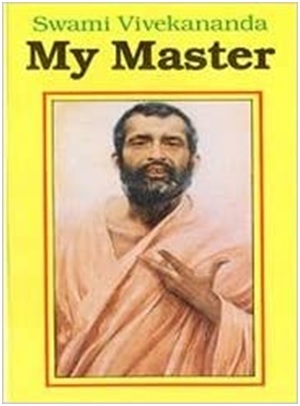
|
My Master
|
|
By - |
|
While in the West, Swami Vivekananda mostly talked about and preached the beauties of Vedanta. But on two occasions – in New York and England – he talked about his Guru, Sri Ramakrishna Paramhamsa.
My Master contains both those lectures in which
|
|
|
|
|
|
|
Chicago Addresses
|
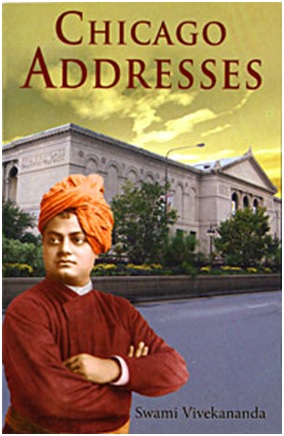
|
|
By - |
|
Swami Vivekananda attained global fame because of his speech at the World Parliament of Religions in Chicago in 1893.
Chicago Addresses contains those lectures delivered by him.
Through these speeches, Swamiji wished to impart the teachings of Veda
|
|
|
|
|
|
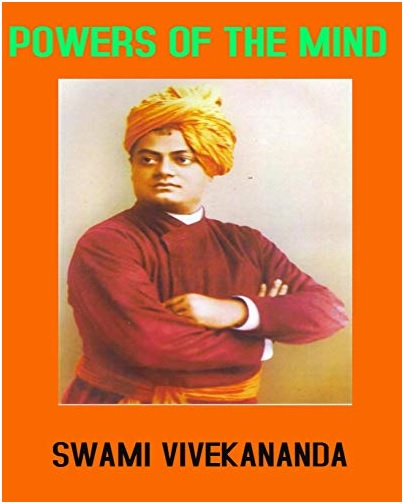
|
Powers of The Mind
|
|
By - |
|
This is a booklet but packs more information than other volumes written on the subject of mind.
It is a lecture delivered by Swami Vivekananda in Los Angeles on January 8th, 1900.
Powers of The Mind talks about the infinite possibilities and powers
|
|
|
|
|
|
|
My India: The India Eternal
|
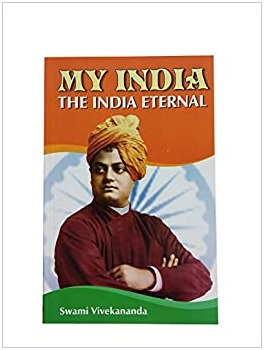
|
|
By - |
|
My India: The India Eternal talks about India’s past, its present and Vivekananda’s vision for its future.
Swami Vivekananda talks about the duties of India’s youth and the path they must follow to make India a great nation.
The book also inc
|
|
|
|
|
|
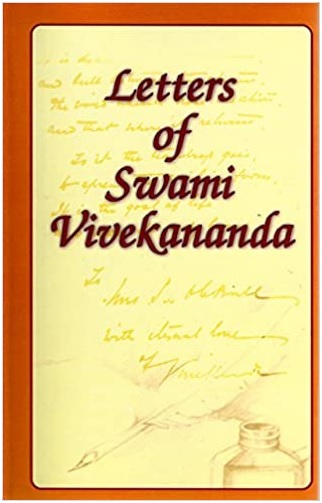
|
Letters of Swami Vivekananda
|
|
By - |
|
Letters of Swami Vivekananda is a close look at the personality and spirit of Swami Vivekananda as seen through his letters.
In this book, the reader gets a picture of Vivekananda that is untouched by any biographer.
The letters have been arranged
|
|
|
|
|
|
|
Inspired Talks by Swami Vivekananda
|
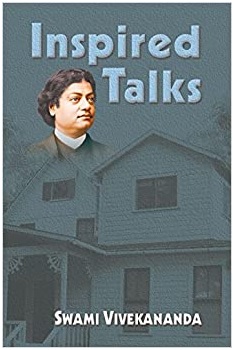
|
|
By - |
|
In 1895, Vivekananda conducted a series of private lectures to groups of selected disciples. These lectures were recorded by one of the disciples, Sara Ellen Waldo (who was later known as Haridasi).
Inspired Talks by Swami Vivekananda was first publ
|
|
|
|
|
|
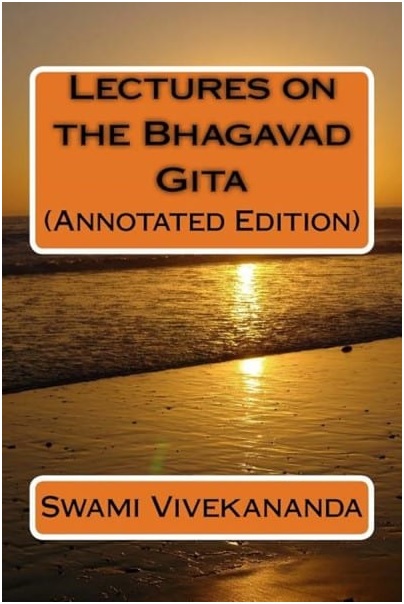
|
Lectures on Bhagavad Gita
|
|
By - |
|
This book would be useful to people who are trying to understand the Gita.
“Lectures on the Bhagavad Gita” is an anthology of Vivekananda’s writings, opinions and comments on the sacred Hindu text.
The Bhagavad Gita was a lifelong companion o
|
|
|
|
|
|
|
Lectures from Colombo to Almora
|
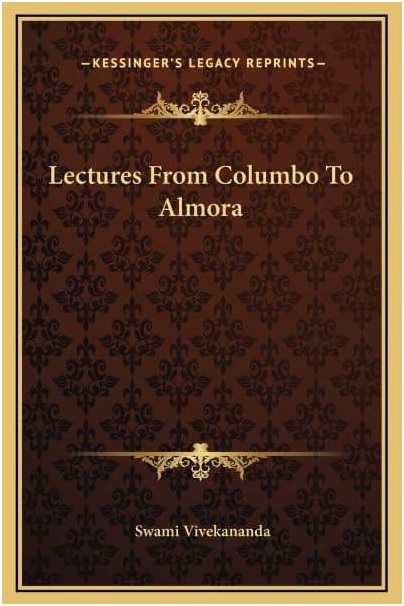
|
|
By - |
|
After visiting the West, Vivekananda reached Colombo on 15 January 1897.
From there he proceeded to India and was received as a hero. He went around the country making speeches to thousands of people who were eager to hear him.
Lectures from Colomb
|
|
|
|
|
|
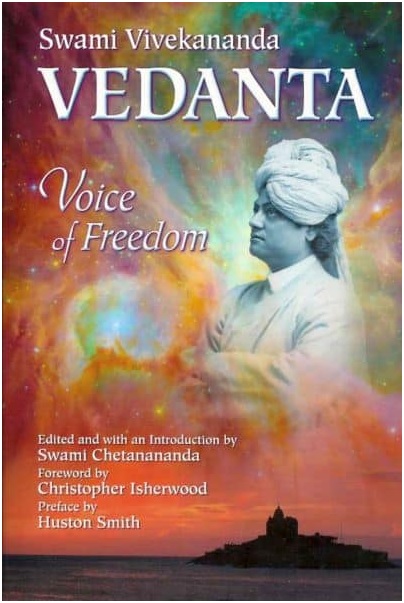
|
Vedanta: Voice of Freedom
|
|
By Swami Chetanananda, Christopher Isherwood, Huston Smith |
|
Vedanta: Voice of Freedom presents the spiritual wisdom of India as it has evolved over five thousand years. It does so in a clear, easy and concise form.
The book is a compilation of Vivekananda’s ideas on the subject of Vedanta. The ideas have b
|
|
|
|
|
|
|
Swami Vivekananda on Himself
|
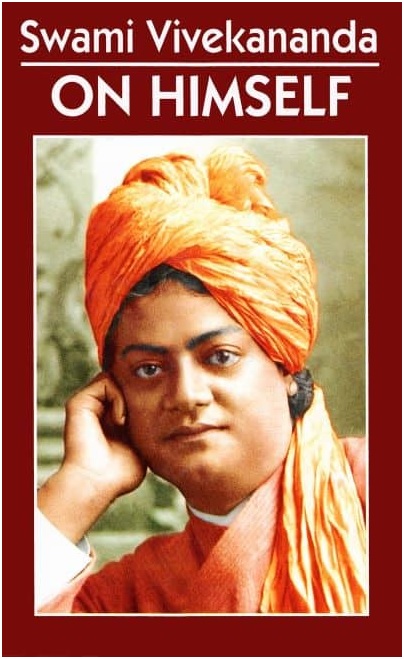
|
|
By - |
|
This book is a biography of Swami Vivekananda written in an autobiographical manner. It was first published in 1963.
The publishers have picked up excerpts from his various books and written them in the first-person voice.
The life and different in
|
|
|
|
|
|
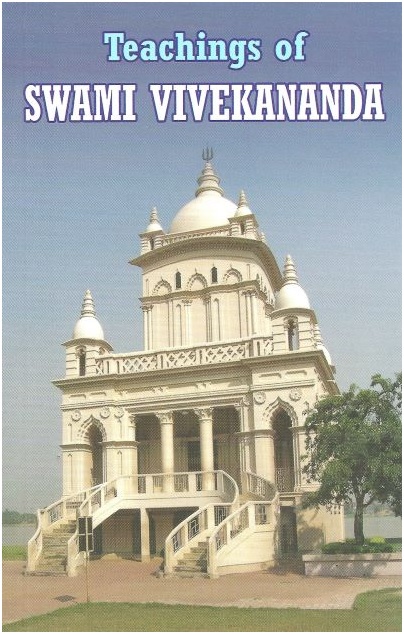
|
Teachings of Swami Vivekananda
|
|
By - |
|
Teachings of Swami Vivekananda comprises a choice collection of his speeches, quotes, and teachings. These are categorised into 44 suitable sections.
This is a perfect book for a beginner reader looking to start Vivekananda’s books.
It is suitabl
|
|
|
|
|
|
|
Jnana-Yoga (1899)
|
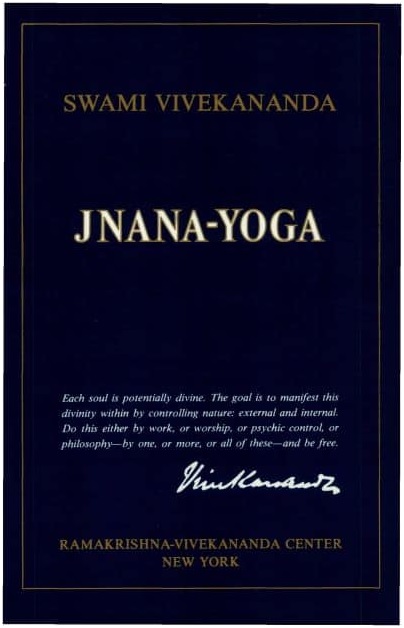
|
|
By - |
|
Jnana Yoga or The Yoga of Knowledge is a book of lectures by Swami Vivekananda as transcribed by Joseph Josiah Goodwin. These lectures were delivered mostly in New York.
In this book, Vivekananda explains the knowledge of the Vedas, Upanishads, and
|
|
|
|
|
|
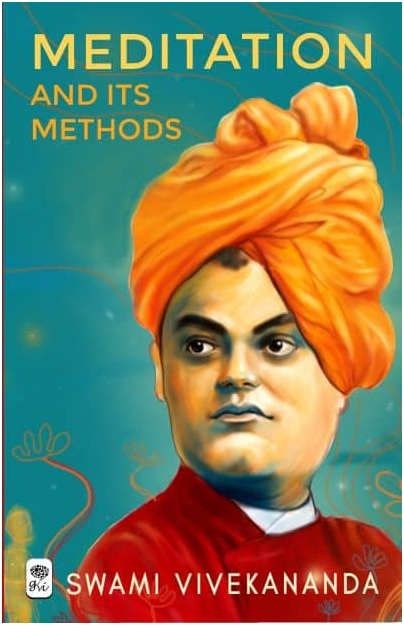
|
Meditation and Its Methods
|
|
By - |
|
Meditation and Its Methods is divided into two sections:
Meditation according to Yoga and
Meditation according to Vedanta.
Vivekananda’s views on meditation are sprinkled throughout his “Complete Works”. These various views, thoughts, opinio
|
|
|
|